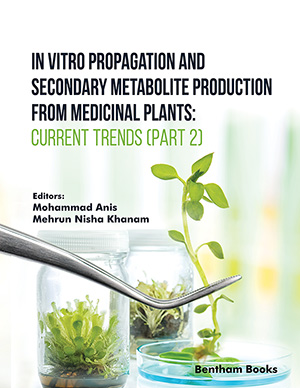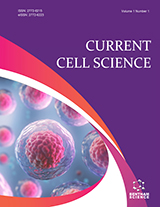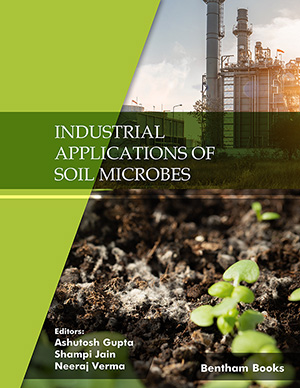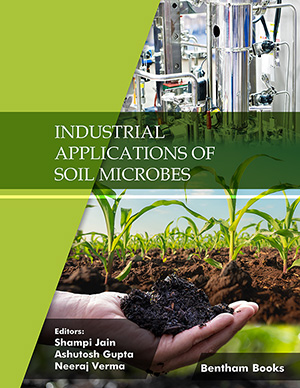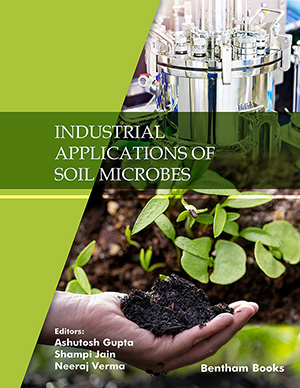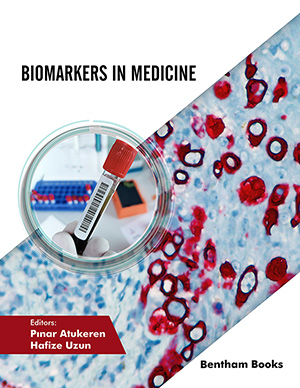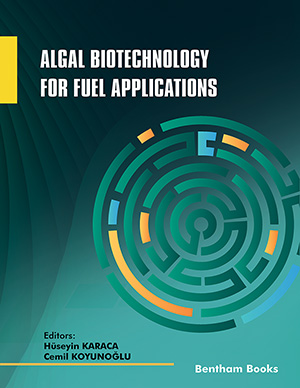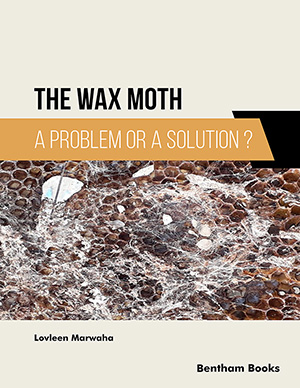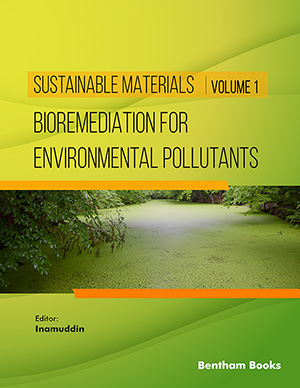Abstract
Pelargonium is one of the most recognized aromatic herbs due to its wide
distribution around several countries and its perfumery and aromatherapy properties.
The present chapter aims at exploring the current scientific study on the various species
of Pelargonium along with its significance. The essential oil of Pelargonium contains
more than 120 monoterpenes and sesquiterpenes obtained from the steam distillation of
herbaceous parts. Citronellol, geraniol, rhodinol, 6, 9 –guaidiene, and 10-epi-γ
eudesmol are the principal components responsible for its oil quality. Traditionally,
propagation of pelargonium is done through cuttings from its mother plant material.
However, the tissue culture approach is one of the reliable techniques for propagation
and conservation, not influenced by environmental conditions. More likely, tissue
culture approaches used are somatic embryogenesis, callus culture, direct regeneration,
meristem culture, and hairy root culture. Transcriptome analysis has also been carried
out in Pelargonium graveolens to understand the metabolic pathway. In order to
accomplish the maximum oil production and better geranium varieties through genetic
engineering, Agrobacterium mediated transformation systems have been developed.
These standardised genetic transformation procedures were used to over-express,
silencing, and heterologous expression of desired genes in Pelargonium to understand
the outcome and succeed with enhanced essential oil production with better quality for
the ultimate benefit.
Keywords: Biosynthesis, Essential oil, Genetic transformation, Pelargonium, Tissue culture, Terpene.


